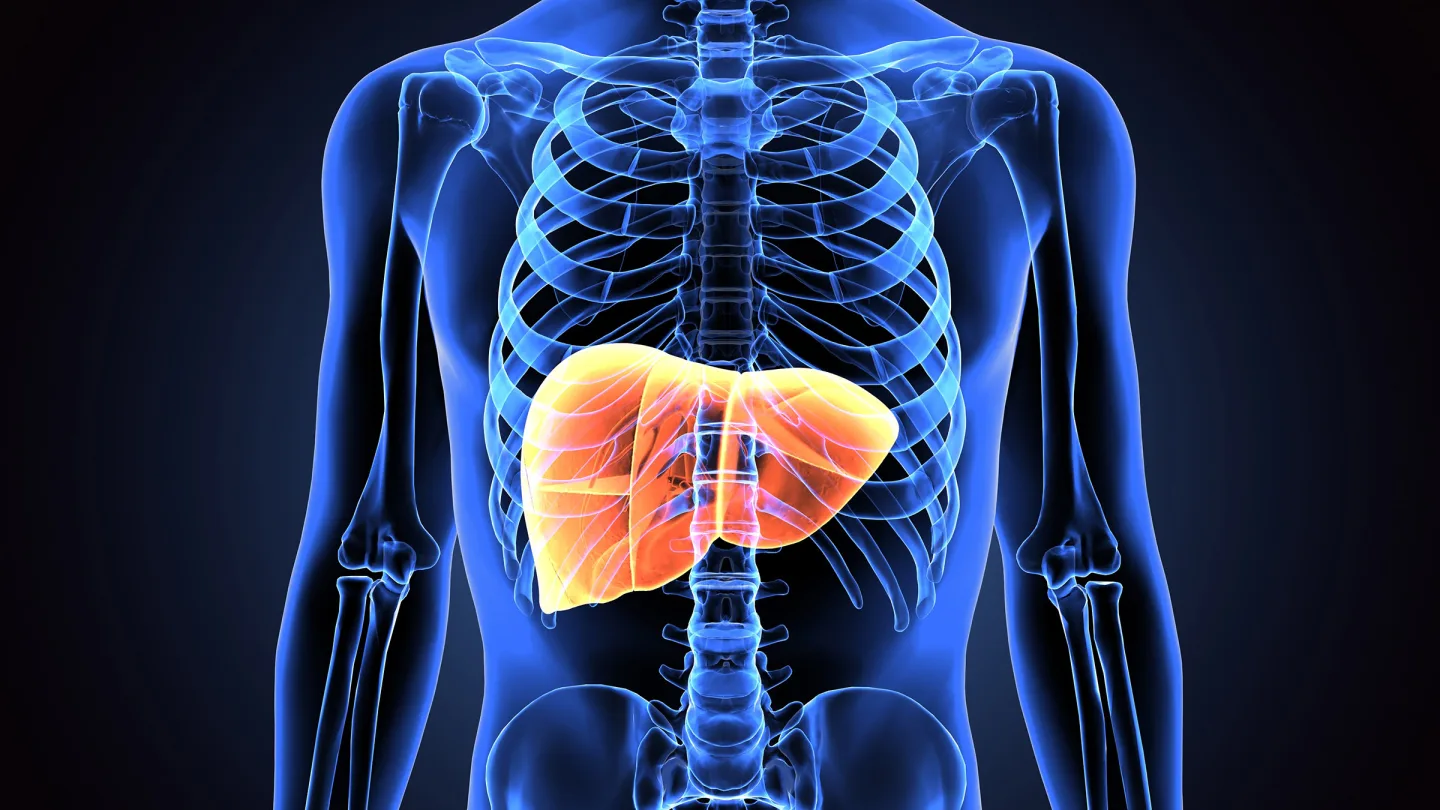How Many Organs Can Be Donated from One Human Body?
Organ donation is the process of donating one’s organs after death. It is the process by which a person donates part of their body, usually all or part of a liver, heart, lung, kidney, pancreas, intestines, and cornea to help someone else survive.
Organ donation has been practiced for thousands of years and it has become an increasingly common practice in recent years. In fact, many countries have organ donor registries so that people can sign up to donate their organs after death.
There are many reasons why people should consider becoming organ donor. These include:
– Saving lives
– Helping loved ones
– Helping others with chronic illnesses who might not be able to afford transplantation
How many organs can be truly donated after death? Let’s explore this issue here. For those interested, you should also know that donating your organs is separate from donating your body to science, but those who want to continue helping after their death can register to do that, as well.
Which Organs Can Be Donated?
Organ donation is not just a medical procedure; it can also be a social one. There are many reasons to donate your organs after death but some of the most common are religious beliefs, personal preference, or cultural reasons.
There are six types of organs that can be donated:
– Heart
– Lungs
– Liver
– Kidneys
– Pancreas
-Intestines
It all depends on what is needed, but these are the internal organs that be given to someone else after your death.
What Governs Whether Organs Can Be Donated?
There are many factors that determine whether an organ can be donated. One of the most important factors is the health of the donor and their family.
The age, sex, and medical history of the donor are also taken into account when determining whether or not they will be able to donate.
Here is a more exhaustive list of the factors determining whether an organ can be safety donated from one person to another:
1) Age
2) Sex
3) Health conditions
4) Organ function and size
5) Body weight
6) Blood type
7) Insurance status
8 ) Location of residence
These are all important things to consider when it comes time for doctors to perform transplant procedures.
Should You Donate Your Organs?
Finally, the issue comes down to whether you should become an organ donor.
The decision to donate organs is a very personal one. On the one hand, you are saving lives and giving someone a second chance at life. However, it can also feel like you are giving up something that is very precious to you.
There are many reasons why people might not want to donate their organs. Some people might not have enough time or money to make it happen while others might have religious reasons or simply be uncomfortable with the idea of death.
Many people choose not to donate their organs because they don’t know what will happen after they die, but there are some cases where the person has already made the decision and signed an organ donor card before they pass away.
Whatever your decision, know that you have the potential to help someone else after your death by the gift of your heart, intestines, liver, pancreas, kidneys, and lungs.

